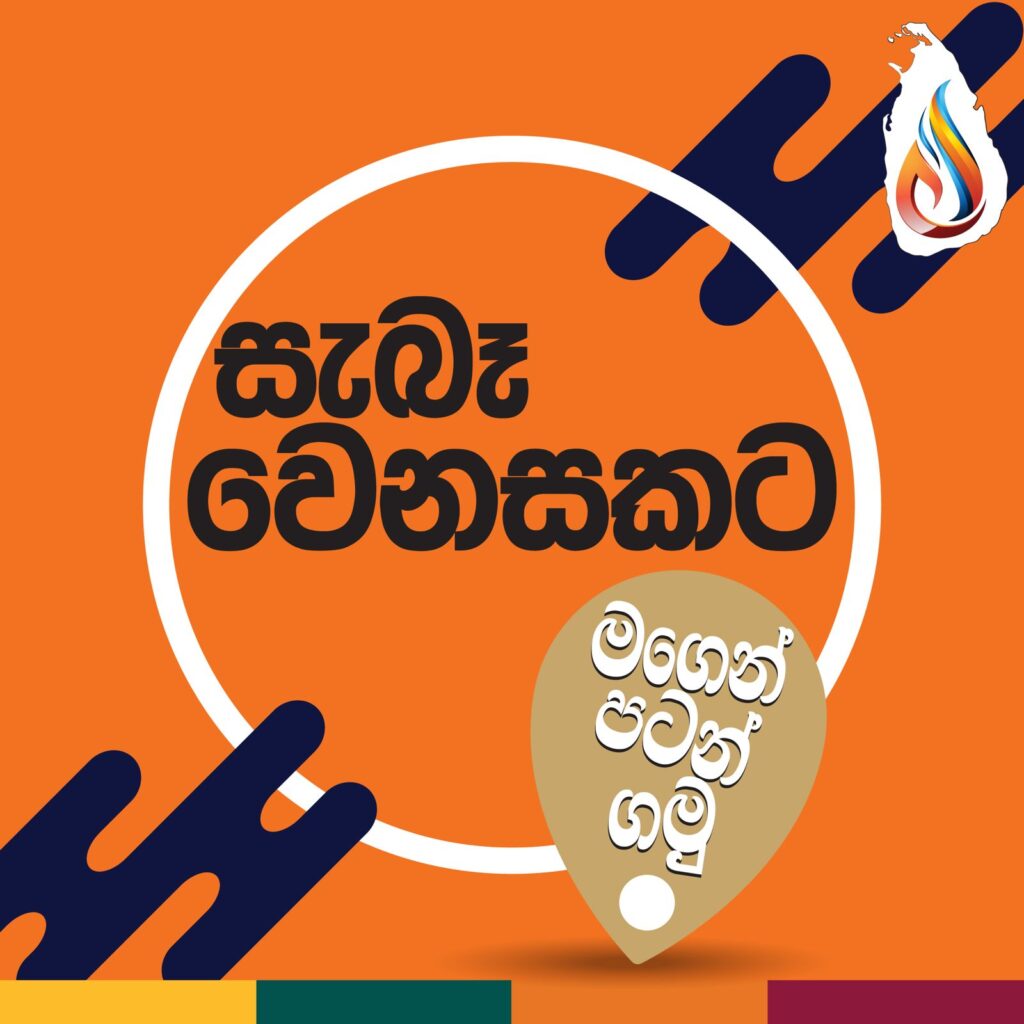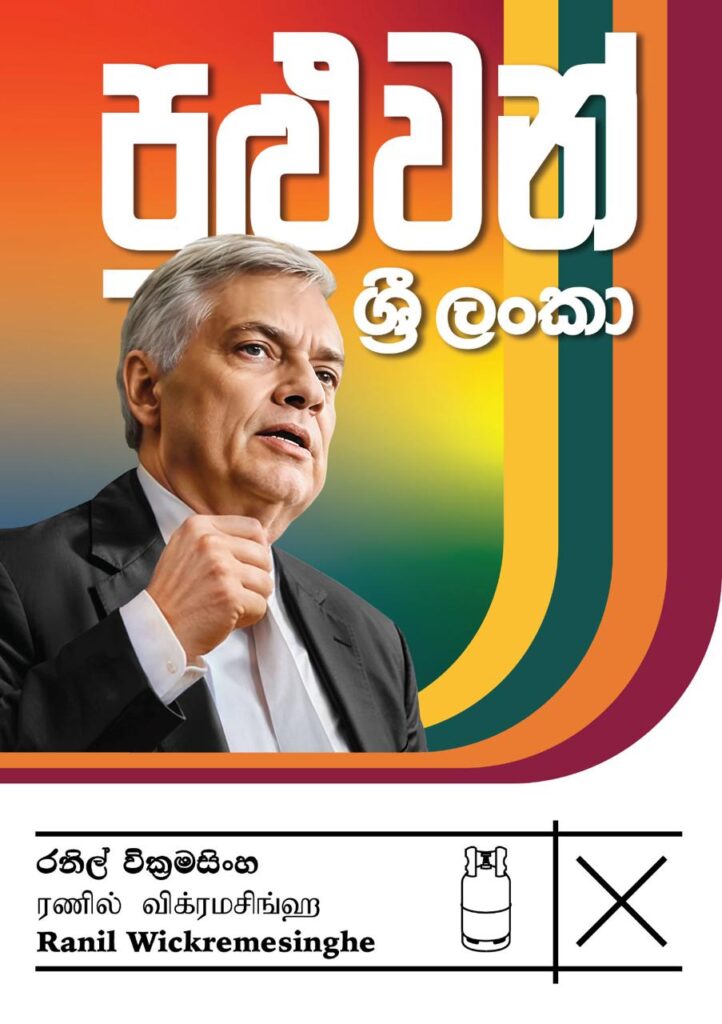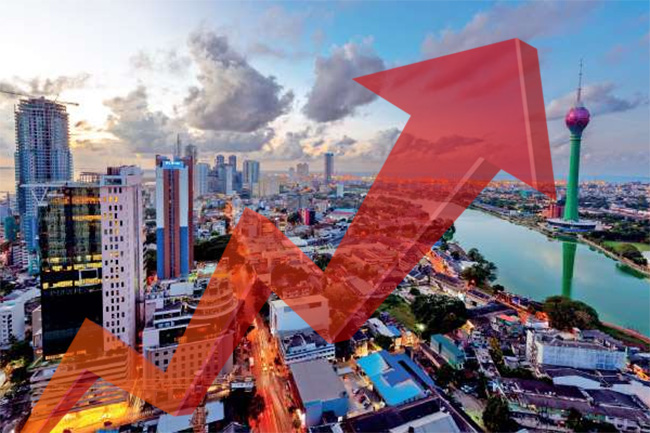August 28, Colombo (LNW): In the lead-up to Sri Lanka’s September Presidential Election, a significant majority of citizens identified the economy and inflation as their primary concerns, according to the IHP Sri Lanka Opinion Tracker Survey (SLOTS) conducted from April to July 2024.
However, concerns about unemployment have risen since the start of the year, while fewer people are citing corruption and drug issues as top national problems.
Sri Lanka’s GDP is projected to grow by 1.9% in 2024 and 2.5% in 2025, with per capita GDP growth expected at 2.2% in 2024 and 2.4% in 2025, according to the Asian Development Outlook (ADO) April 2024 report by the Asian Development Bank (ADB).
In Colombo, the annual inflation rate increased to 2.4% in July 2024, up from 1.7% in June, marking the highest rate since February 2024. Prices rose in sectors such as food and non-alcoholic beverages, health, and miscellaneous goods and services, while the rate of deflation slowed for housing and utilities. Prices for alcoholic beverages, tobacco, and transport, however, eased.
The unemployment rate in Sri Lanka climbed to 4.5% in the first quarter of 2024, up from 4.3% in the last quarter of 2023. Historically, the country’s unemployment rate has averaged 7.35% since 1991, peaking at 16.6% in 1992 and hitting a low of 3.7% in 2013.
The SLOTS survey revealed that from April to July 2024, 59% of respondents identified the economy as a primary concern (up 3 points from January to March 2024), while 55% cited inflation (down 7 points).
Unemployment was mentioned by 38% (up 9 points), and 21% named high taxes as a concern (down 0.5 points). Fewer Sri Lankans pointed to corruption (6%), health (6%), drugs (5%), and education (4%) as top concerns. Notably, none of the respondents listed the Presidential system, constitution, or democracy as priority issues.
There are differences in concerns between wealthier and poorer Sri Lankans. The poorest third are more likely (69%) to prioritize the economy, while the richest third (63%) are more concerned with inflation. Unemployment is a priority for only 18% of the poorest Sri Lankans compared to half of the middle and affluent population.
Economic concerns and inflation are common across all age groups. Younger Sri Lankans (ages 18–29) are most concerned about inflation (60%), while concern for the economic crisis increases with age, peaking at 67% among those aged 60 and older. Job-related worries are most prevalent among younger people but decline with age.
The SLOTS survey, conducted by the Institute for Health Policy (IHP) in Colombo, was led by Dr. Ravi Rannan-Eliya, a Harvard-trained public opinion polling expert.



